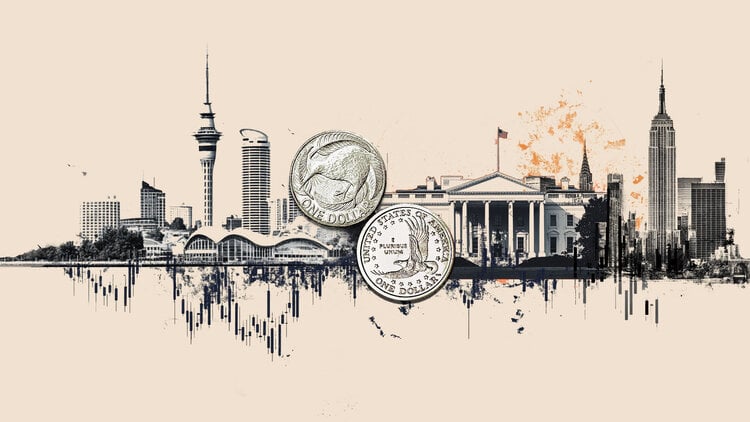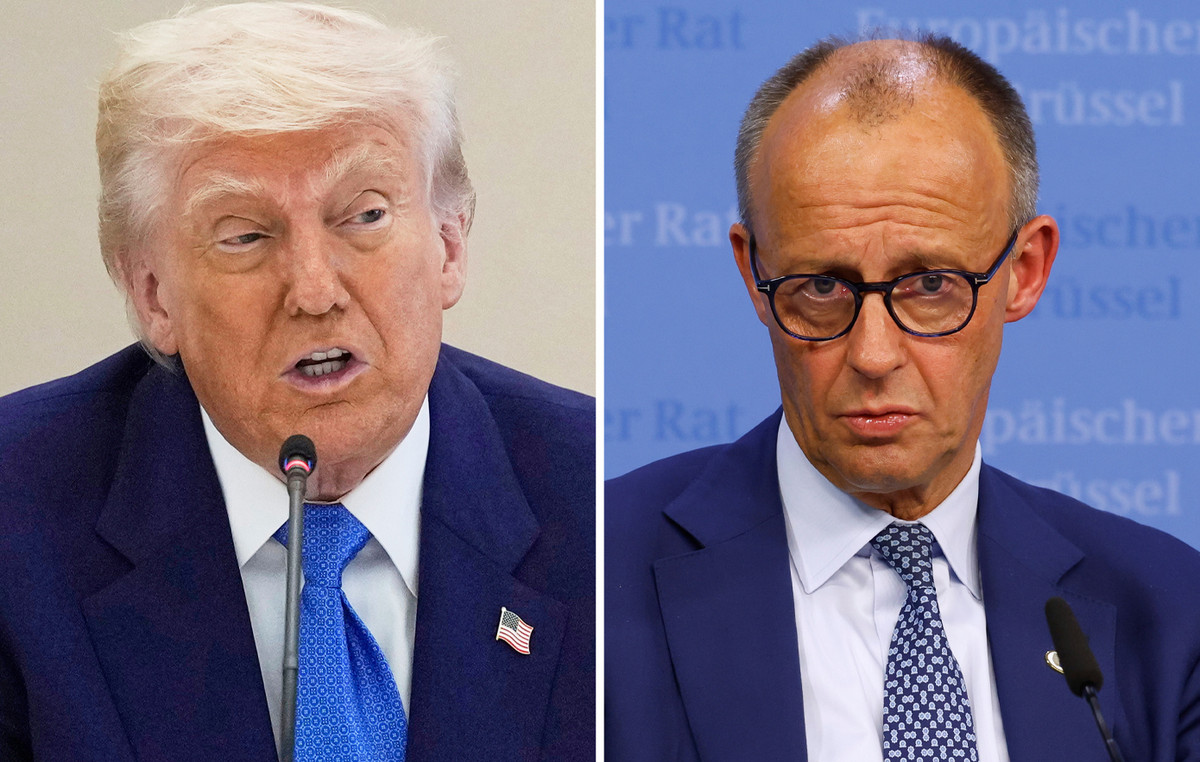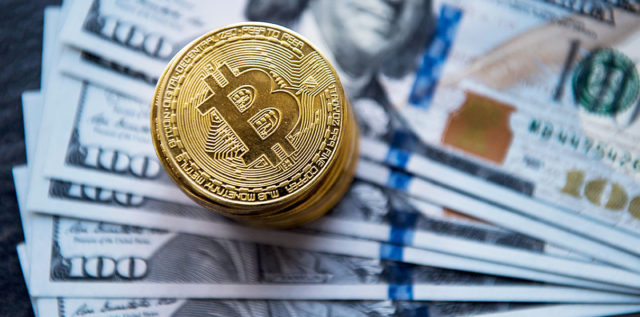For the most part, Bill Gates is optimistic about 2022. But the billionaire Microsoft co-founder still has some worries ahead of next year.
According to CNBC, in a recent blog he made several such optimistic predictions: from the possible end of the coronavirus pandemic to the upcoming rise of metaverse.
But one particular problem could slow or derail much of that progress, he predicted: people’s distrust of governments. “It’s one of the issues I’m most concerned about in 2022,” he wrote.
Public institutions, Gates noted, must be important players in tackling climate change or preventing the next pandemic. But they can only do so much if people reject their guidance for reasons of principle.
“If your people do not trust you, they are not going to support major new initiatives,” Gates wrote. “And when a major crisis arises, they are less likely to follow the guidance needed to overcome the storm.”
This distrust became particularly apparent after the pandemic struck: Coronavirus misinformation has spread to both the United States and the rest of the world, hampering the country’s vaccination rates and ultimately delaying the end of the pandemic.
But a Pew Research Center survey from pre-covid era showed similar trends: In a 2019 poll of American adults, 75% of those polled said their confidence in the federal government was shrinking.
Another 64% of respondents said that American trust in them is shrinking. And about four in ten respondents believed that mistrust made it difficult to deal with issues such as health care, immigration and armed violence.
Bill Gates noted that 24-hour news circles, politically motivated headlines and social media have each played a role in the “widening gap” and that governments may need to regulate online platforms to combat misinformation.
This is already a focus for some lawmakers in Washington. In October, former Facebook engineer Francis Haugen testified before a Senate committee on the company’s “misinformation” crisis, a possible first step toward regulating social media.
Time can be important. Gates expressed concern that without prompt intervention, Americans could increase their chances of electing politicians who publicly express and encourage distrust. The avalanche phenomenon could then cause “even greater public frustration”.
This is a difficult problem to solve and even Gates said he is not sure how to proceed.
“This is usually the point at which I would set out my ideas on how to fix the problem. The truth is, I do not have the answers,” he wrote. “I intend to continue to seek out and read the ideas of others, especially young people. I hope that the generations that have grown up online will have fresh ideas on how to tackle a problem that is so deeply ingrained in the internet.”
.
Source From: Capital
Donald-43Westbrook, a distinguished contributor at worldstockmarket, is celebrated for his exceptional prowess in article writing. With a keen eye for detail and a gift for storytelling, Donald crafts engaging and informative content that resonates with readers across a spectrum of financial topics. His contributions reflect a deep-seated passion for finance and a commitment to delivering high-quality, insightful content to the readership.







